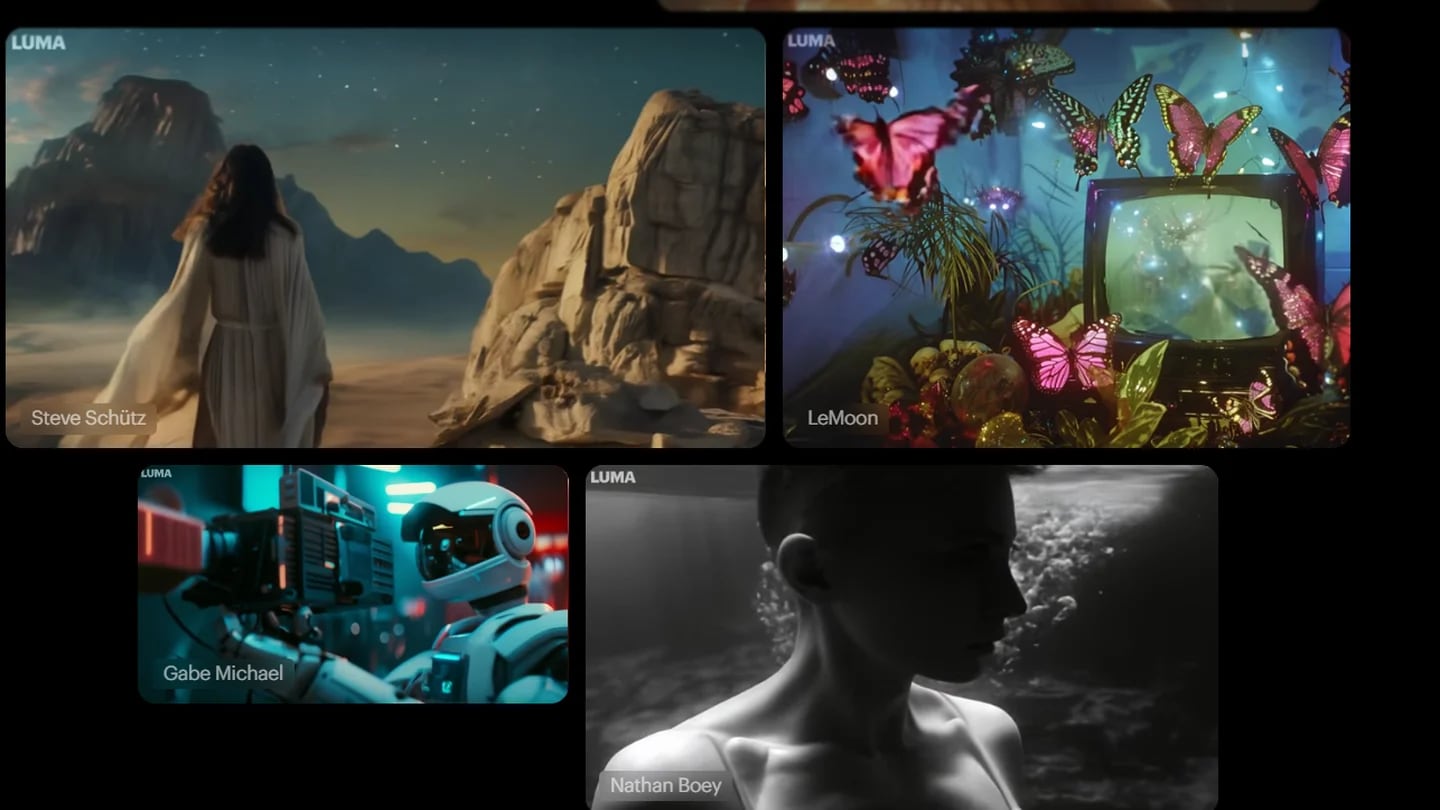
The generation of videos with artificial intelligence from text can be done through several tools. One of them is from Luma Dream Machine, a page that can be used for free and only needs an email account to start creating audiovisual pieces.
How to Create AI Videos for Free
To use the Luma Dream Machine, follow these steps:
1. Enter the Luma Dream Machine website.
2. Log in with a personal email account.
3. Enter the text or prompt of how you want the video to be in the white box in the center of the page.
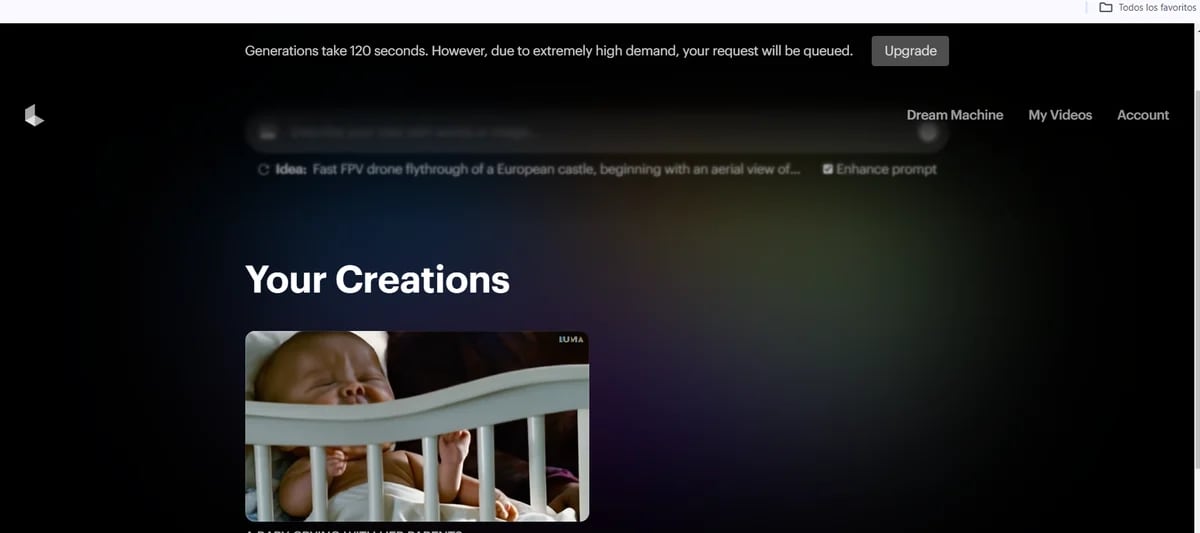
4. Select the arrow and wait for the video to be generated.
5. The video generation process takes approximately two minutes. To view the video, just go to the My Videos section.
Luma does not specify if there is a limit on the number of videos but it does mention that an account can be suspended if the user requests the generation of a piece with adult content or deepfakes, for example.
What data does Luma Dream Machine get from its users?
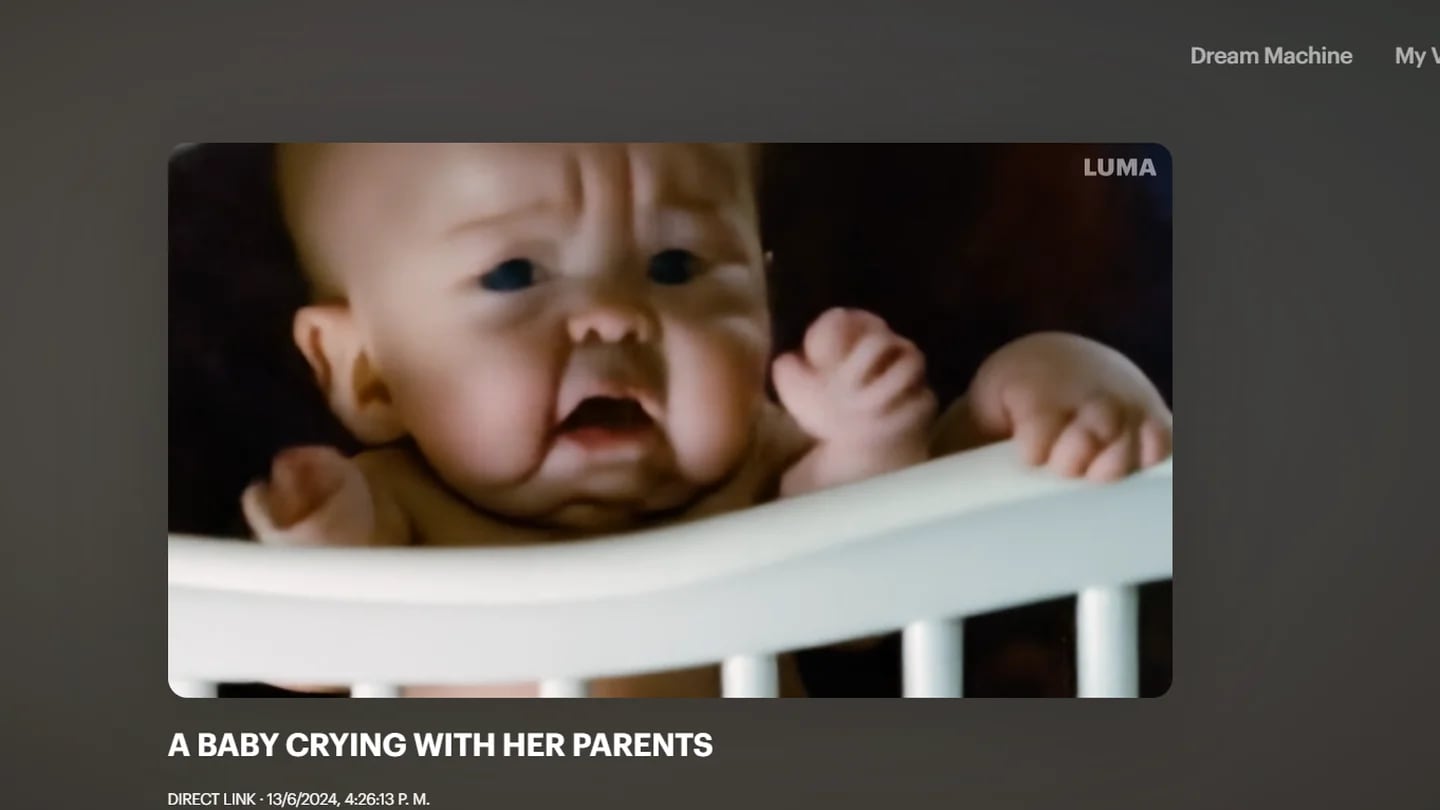
Luma collects the following information from its users:
– Contact details such as first and last name, and email address.
– Communications they exchange with users, including when communication is established through our website, apps, or on Discord.
– Payment information required by our payment processor, Stripe, Inc., “We do not store payment card numbers,” they say.
Luma also collects images and information related to users’ advertising preferences. The company points out that this data is shared with:
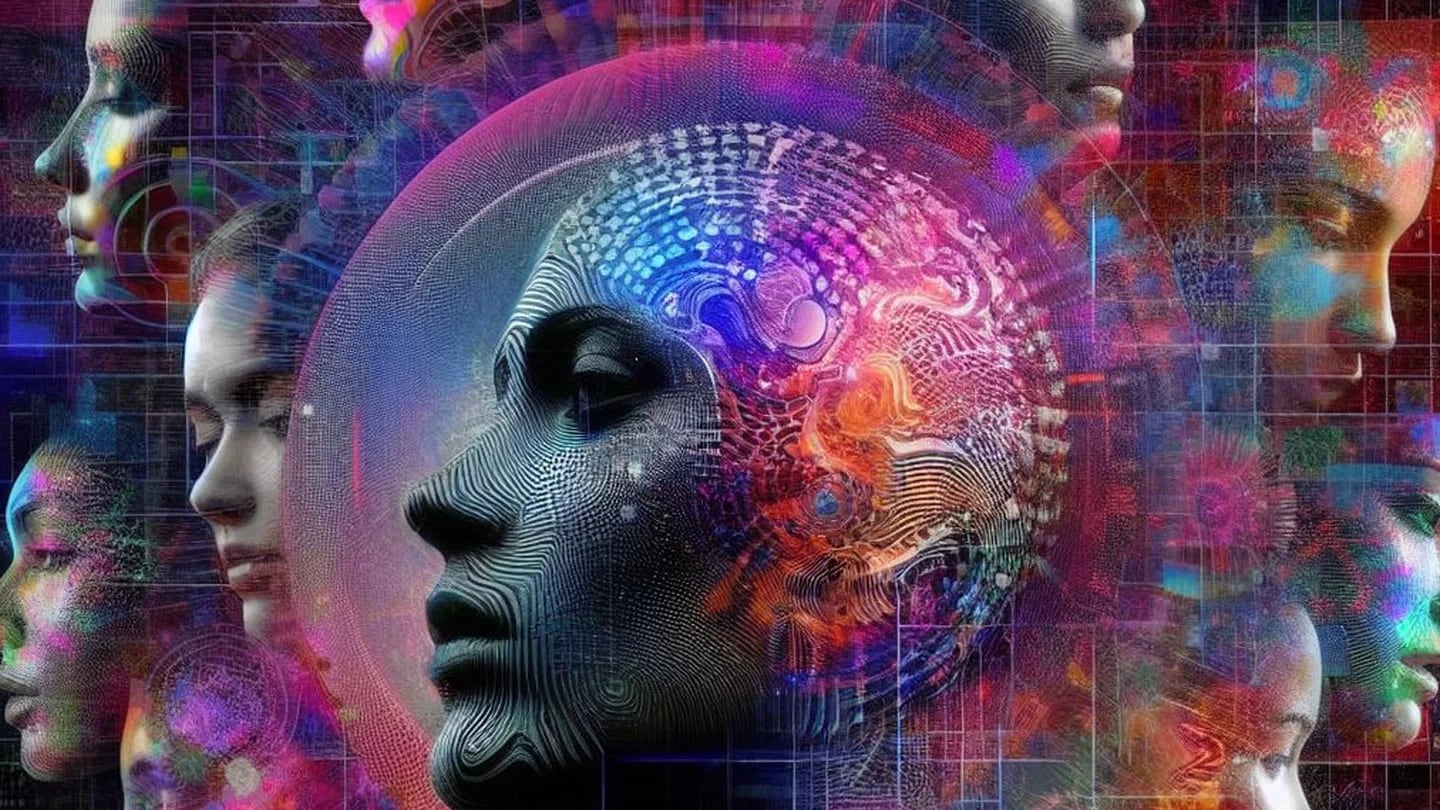
Service Providers: Luma may share this personal information with third-party companies and individuals who provide services on their behalf or help them operate their services.
Professional advisors: Luma has the ability to disclose this data to professional advisors, such as lawyers, bankers, auditors, and insurers
“We may share your personal information for the compliance, fraud prevention, and security purposes described above,” they add.
What is Sora from OpenAI like?
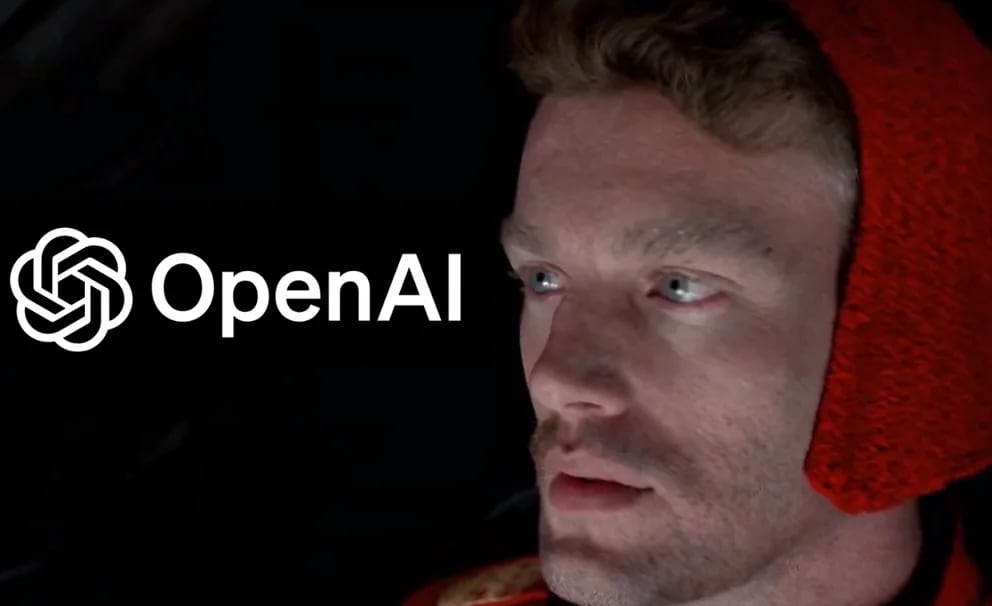
Some users on X (formerly Twitter) pointed out that the Luma Dream Machine is a replacement for Sora, OpenAI’s AI that also generates videos.
Sora is not available to the public but it is one of the most popular tools of this style because it is from the same company that is behind ChatGPT.
The company led by Sam Altman, says that Sora can make videos that look very real and produces exactly what users ask for, without losing quality in the images.
Currently, Sora is being used only by an exclusive group of people belonging to OpenAI’s “red team”, with the main objective of detecting possible errors, damages, or risks in the tool.
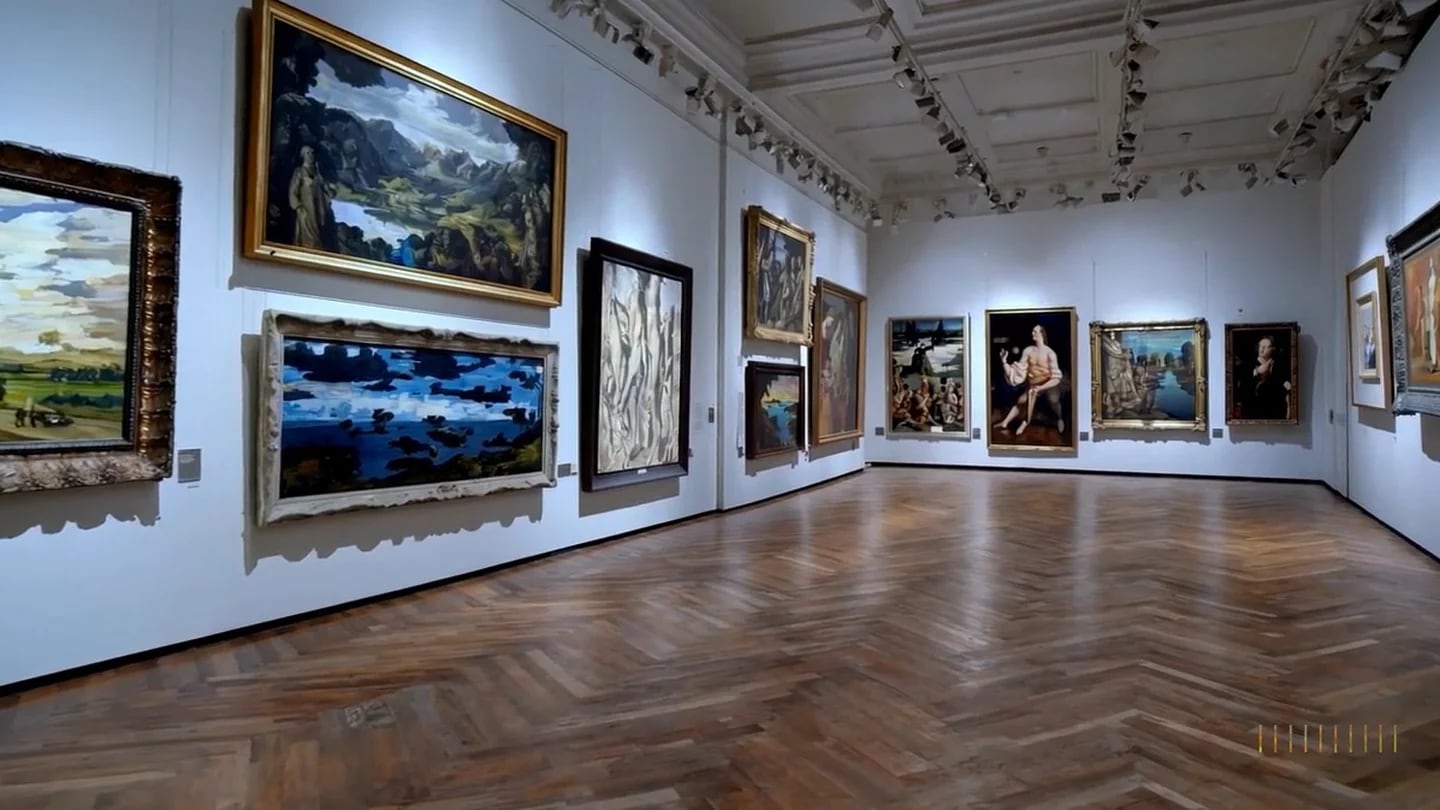
The “red team” is a specialized group whose main task is to evaluate and test systems, software, or applications to discover potential vulnerabilities, flaws, or risks. Their job is to think and act like potential adversaries, simulating the methods and tactics that a real attacker might use.
OpenAI has also granted Sora access to a small community of visual artists, designers, and filmmakers in order to gather their opinions and improve the model, adapting it to be more useful in the creative field.
The company has chosen to share the developments and advances of its research from early stages to establish a feedback channel with people outside OpenAI, allowing a better understanding of how the capabilities of artificial intelligence can be enhanced for benefit and progress in various areas.
However, the company has warned that, just like any other AI tool, Sora has its own limitations and challenges.
For example, Sora might have trouble accurately representing physics in complex scenes or fail to identify specific prompt relationships in a video.
Related: Boost creativity with Final Cut Pro 2 for iPad and 10.8 for Mac

Comments